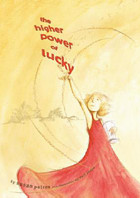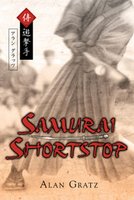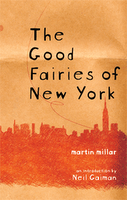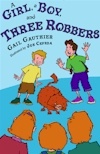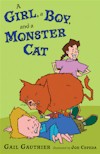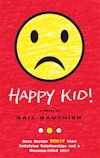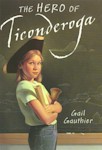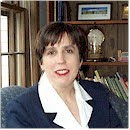Werewolves In The Twenty-first Century
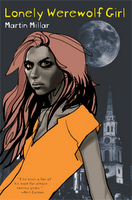
In Martin Millar's Lonely Werewolf Girl, Verasa, Mistress of the Werewolves, is concerned about bringing her Scottish werewolf clan into the modern world. Werewolves in Millar's urban fantasy live a long time--a long time. They keep their youthful good looks and vigor for many decades but some of them seem somewhat stodgy and middle-aged. They can't even bring themselves to talk about the young orphaned twin werewolves who are intent on becoming successful punk rockers in London when they're not in drunken stupors, which is pretty much all the time. (Much like the fairies in Millar's Good Fairies of New York.) And when the twins show up at the family castle, all the moms and dads are quick to tell their puppy offspring that, no, they cannot dye their hair pink or blue the way their depraved cousins have.
The MacRinnalch's are sort of like any large, well-to-do, conservative family in one of those stories (or TV series) about family intrigue. You've got brother fighting brother for control of the family. You've got an ambitious fashion designer who wants nothing but to forget her relatives and concentrate on her work. You've got an icy academic. You've got backstabbers and hangers-on. You've got a cross-dresser.
They're just all werewolves.
As I always tell the kiddies when I do a school presentation, I find bringing unlike elements together funny. I like this kind of thing. A lot.
Like Good Fairies, Lonely Werewolf Girl is one of those Zenny kinds of books that require the reader to get into the moment. It's made of a whole series of short vignettes about its large cast of characters. It doesn't take long to get to know them and start feeling excited because the story has moved back to the Fire Queen (a former warrior queen from another dimension who now fights all her battles over haute couture) or Dominil, who might be described as a bored werewolf bitch (as in bitchie, not female, though she is). However, a stronger narrative drive kicks in about halfway through when the conservative and violent Sarapen becomes really serious about killing off many of his relatives in his bid to become head of the clan.
I have to say that the book seemed to begin with an odd "telling" type style in places, but either Millar gave it up or I liked what I was being told so much that I no longer noticed it.
Since this is a kidlit blog, I must raise the question of whether or not Lonely Werewolf Girl, published as an adult book, can work as a crossover work for YAs. I think so, particularly for older YAs who will have more interest in adult skullduggery, given that they're closer to it.
Plus there is the Lonely Werewolf Girl, herself, Kalix. At seventeen, she is far younger than her siblings--a sort of menopause baby in werewolf terms--and suffers from depression, anxiety, and what sure looks like anorexia to me. In her early teens she fell in love with the brooding and poetic Gawain, a werewolf not up to her family's standards. After her father, the leader of their clan, banishes Gawain to get him out of his daughter's life, Kalix physically attacks him. Since she could be said to "suffer" from a sort of madness when in battle, she gets the best of that encounter, and injures the old man so badly that he later dies. She heads out for London, and other members of the family want to hunt her down and bring her home for punishment, which may or may not mean death.
You know how a common YA theme is separating self from family? Well, there you go. Kalix is separated and suffering, living on the street, filthy, lovelorn, and drugged up on laudanum.
This young teen character initiates the action--because she killed her father, his position as head of the clan is up for grabs and leads to a war between her two older brothers. Kalix's grandmother wants her dead, and the brother who will kill her will get grandma's support for his bid for leadership. In fact, a lot of people and werewolves want Kalix dead, and as a result, though the action moves to other characters, it keeps coming back to her and the teenage human university students who are helping her. Help, by the way, includes exposing her to cable TV and Sabrina, the Teenage Witch.
Both in terms of characters and pop culture, there's plenty here to hold a younger person's attention. But Millar has been described as a counter culture novelist. I think that aspect of Lonely Werewolf Girl will also be attractive to teen readers who are desperate to read something off an official school reading list.
Lonely Werewolf Girl was inspired, in part, by the end of Buffy the Vampire Slayer , in that Millar has said "I felt such a dreadful loss, I thought I'd have to write my own." I can see the influence in that, as I got toward the end of this quite long book, I felt I was going to miss spending time with many of these characters.
Labels: Older teens, Reader response, Zenny books
